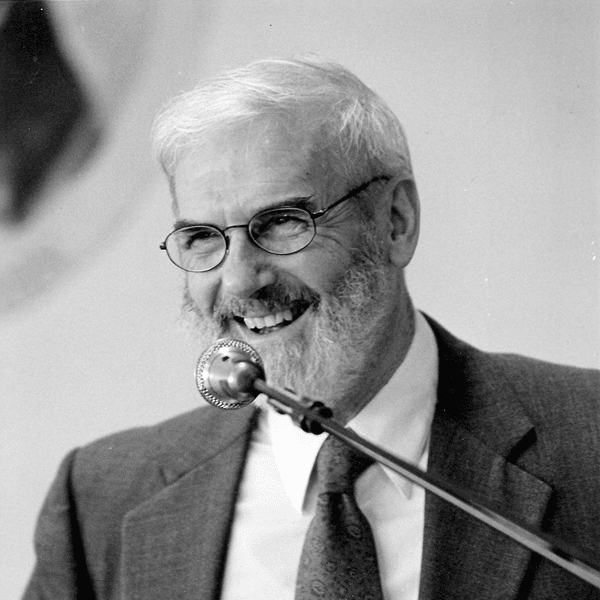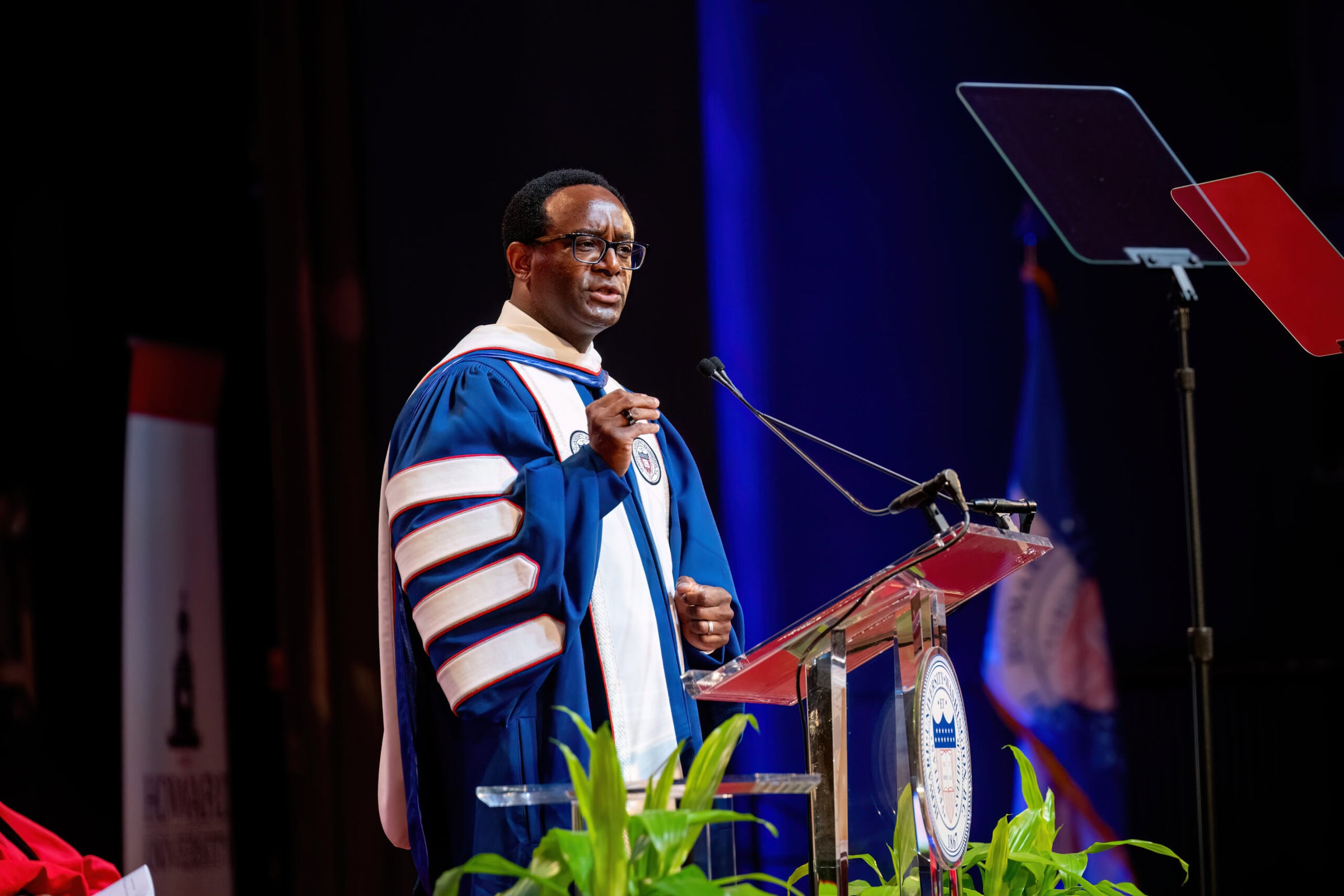I don’t remember as a child ever wanting to be the first to do something. I never wished to be the first human to stand on Mars. I did not feel strongly about getting to the top of Mt. Everest. I never understood enough about science to wish to be the first to achieve some astonishing breakthrough that would affect all of life on the planet for the better. I loved looking at great art and I loved reading fine books, but the basic premises behind both seemed to have been pretty thoroughly explored by precursors. My chances of being the first person to break the four-minute mile, which so obsessed many of my contemporaries, seemed to me (even with the optimism of childhood) to be remote.
And what, it occurred to me 60-plus years later, could one be the first to do as president of the American Historical Association? Looking through the awesome list of names of those who had preceded me in that somewhat mysterious office, I could find no clear space set aside for those who came after. Every zone of historiographical achievement seemed to have been scoured with elegance and erudition by those formidable scholars.
So I decided to see if there was any niche for me to be the last to do something. But the last at what? Not, clearly, the last to read a book. Not the last to write one, either. Not the last to visit an archive, to frame a hypothesis, to receive a sour review, to miss a deadline. Not the last to make a mistake, to misplace a reference, to teach a class, to worry about a lecture, to fret under the load of paperwork. Well then, what about being the last president of the AHA to feel baffled and frustrated by e-mail, to find it, at times, almost unbearable in its insistent demands, its bizarre mixture of urgent requests for references, strangely phrased warnings concerning inscrutable viruses, messages from foreign climes proffering huge sums of money for the oddest of reasons, immense attachments that drifted on for 10, 20, 30 pages, or mysterious and pithy invitations to forbidden pleasures? Surely there I might be on track, for all my colleagues seemed to take all that for granted, indeed to thrive on it, and to update their virus protection shields daily, as if it was the simplest thing in the world. Then, a few weekends ago, at a charming lunch party in the Connecticut hills, I found myself sitting next to the wife of a distinguished and productive historian. In response to some random comment of mine about the horrors of e-mail, she quite casually remarked that she and her husband both loathed it; what was more, she added, they had thrown it out, lock, stock, and barrel. People just had to reach them some other way. There were, after all, other channels. So they were happier than ever, and even more productive. As I watched the historian peacefully eating his fish pie, I realized that soon, perhaps within a year or two, he might be nominated to run for president of the AHA and might very well succeed. No last chance for me to be the last there.
It was shortly after that, on my longish drive home down a road curving through autumnal woods, that an image of startling clarity came into my mind. It was of an inkwell. It was recessed into a round slot on the right hand corner of a scarred and ink-stained school desk. Next to it was a narrow, rounded trough in the desk, where reposed two wooden pen holders and a pile of splayed metal nibs. I was writing away feverishly, my hands spattered with ink, the pen reaching regularly and efficiently into the inkwell, the blobs forming on the page when I overfilled the nib, and the small sheet of blotting paper rendered impervious to further absorption. I was—what? Six, seven, eight? Ballpoint pens were, I recall, “not allowed,” and they were anyway exotic tools, not for school-writing. Fountain pens were available, but expensive, easily broken, and constantly leaking ink into jacket pockets and shirtfronts. Dip, write; dip, write. Was this perhaps it? Is it possible that I will be the last AHA president to have grown up with an inkwell? To remember asking the teacher for permission to refill it, from the large bottle of ink—so easy to spill—that was on the windowsill across the room, a long journey, with many opportunities for mishap? Will I perhaps be the last president to have had fingers so stained with ink that it could not be washed away, however hard one scrubbed? We rolled spirals of paper, I recall, dipped them in the inkwell, and flipped them at those with whom, for whatever reason, we happened to be feuding at the time. Reach forward, aim, dip, write, stop, return. Will I be the last at last? Is there a chance? Perhaps that will be the one for the record books. And not the end of the world, really, if some future president remembers doing the same, and I lose that particular chance at immortality. Even being second last has a certain ring to it.


